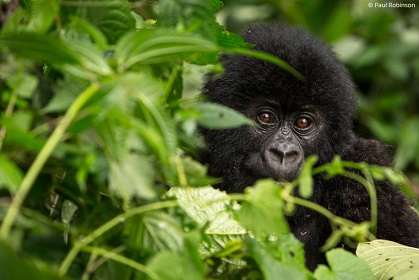The World Wildlife Fund (WWF) just issued its Living Planet Report 2022. It is a comprehensive study of trends in global biodiversity and the health of the planet. The report will come as a shock to those not following our planet’s health and a strong reminder of our planet’s status to those who do follow it. Our industry should pay attention because its growth does impact the planet’s health of its residents and creatures of all sizes.
The report begins with this fact: There has been an average decline of 69 percent in species populations since 1970. “While conservation efforts are helping, urgent action is required if we are to reverse nature loss,” WWF says.
The following are some additional comments in the report:
 “The evidence is unequivocal—we are living through the dual crises of biodiversity loss and climate change driven by the unsustainable use of our planet’s resources. Scientists are clear: unless we stop treating these emergencies as two separate issues neither problem will be addressed effectively.”
“The evidence is unequivocal—we are living through the dual crises of biodiversity loss and climate change driven by the unsustainable use of our planet’s resources. Scientists are clear: unless we stop treating these emergencies as two separate issues neither problem will be addressed effectively.”
“Climate change and biodiversity loss are not only environmental issues, but economic, development, security, social, moral, and ethical issues too. Industrialized countries are responsible for most environmental degradation, but it is developing nations that are disproportionately impacted by biodiversity loss. We all have a role to play in building a nature-positive society that safeguards the planet for the good health of everyone.”
“Monitored freshwater populations have declined by an average of 83 percent since 1970, more than any other species groups. Habitat loss and barriers to migration routes account for around half the threats to these populations.”
A map shows the regions with the most biodiversity loss: Latin America and the Caribbean, 94 percent; Africa, 66 percent; Asia-Pacific, 55 percent; North America, 20 percent; and Europe-Central Asia, 18 percent.
The report also includes sections on why we are losing biodiversity, how can we fix the biodiversity emergency, and making technology work for our planet.
Be sure to read this important update on our planet’s health.







